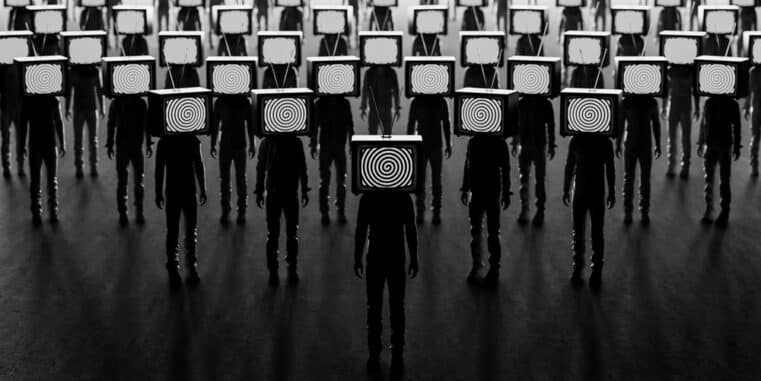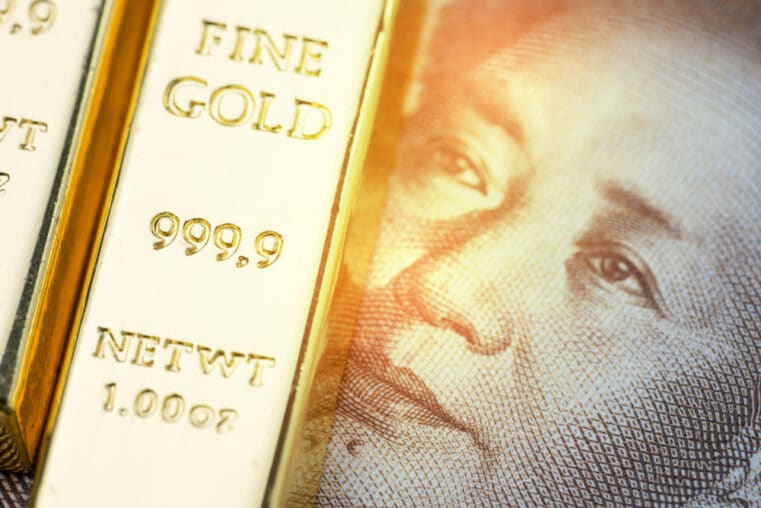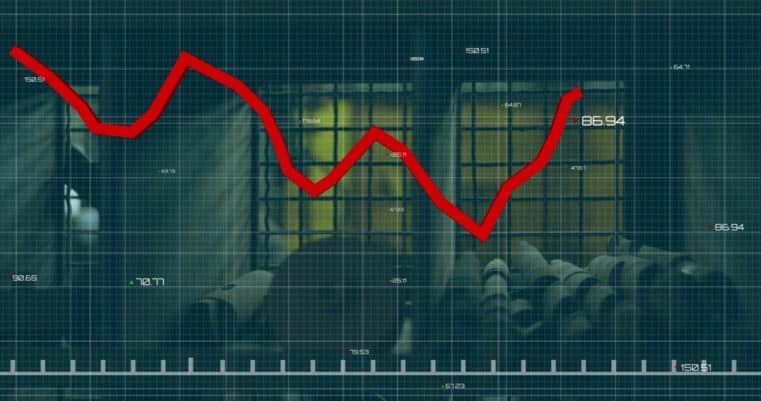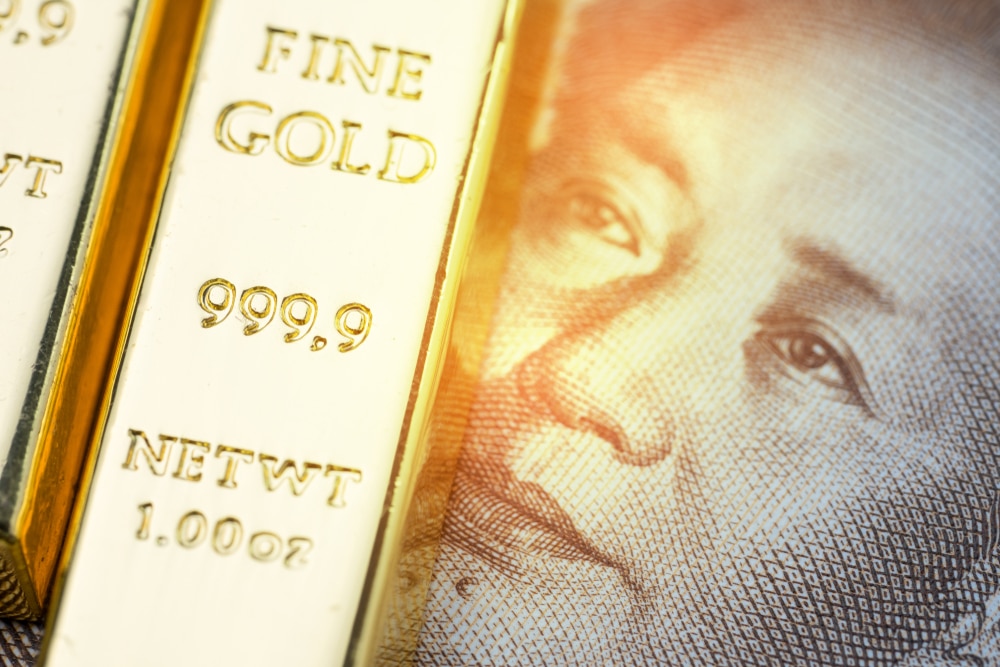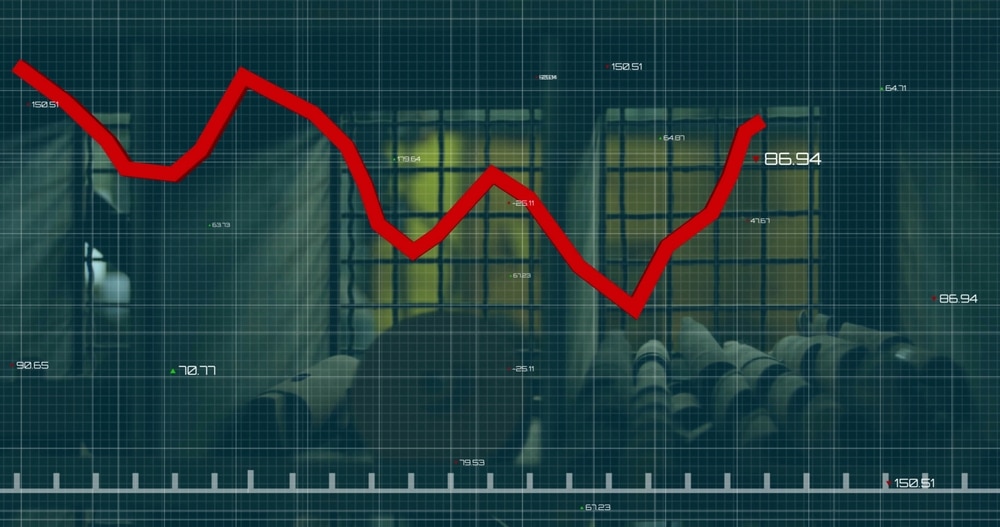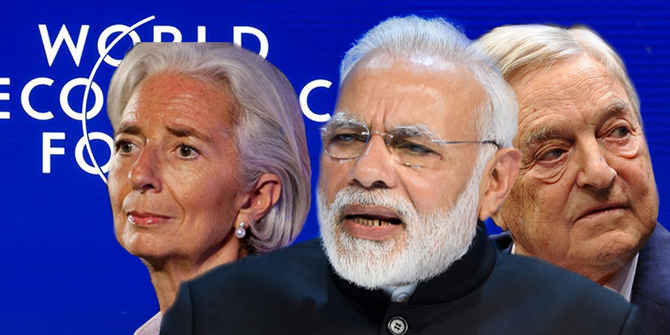
A Chilling Message from the World Economic Forum at Davos
Each year, 2,500 of the world’s top businessmen, economists, politicians, academics, and industry leaders gather at Davos, a resort located in the Swiss Alps, to attend the World Economic Forum.
Presenters take the stage to bring critical issues and ideas to the fore; discussing topics that may have a considerable impact on the future of the world economy.
This year, there were two presentations that sent a chilling message to those in attendance. Although the topics differed, they nevertheless converged in emphasizing what can go wrong under the guise of human innovation and global harmony.
In a presentation titled Will the Future Be Human?, Yuval Harari, history professor at the Hebrew University in Jerusalem, posed a chilling question: “How exactly will the future masters of the planet look like?”
To which he answers: “This will be decided by the people who own the data. Those who control the data, control the future not only of humanity, but of life itself.”
To be fair, Harari was for the most part talking about the future of Artificial Intelligence (AI). He predicts that what the future has in store for humanity is the emergence of a human-machine hybrid, and that the economy of the future will consist not of the production of mechanical parts, but the production of cybernetic or technologized bodies.
This may sound like a page from a science fiction novel (or perhaps not). But let’s take a leap backwards to the present. Because despite the futurist bent of Harari’s predictions, he acknowledges that we are already seeing these developments today...not just in dictatorship regimes, but in democratic societies.
Perhaps what we are seeing today is the opening stage toward this (potentially dystopian) post-human future:
The masters tomorrow will be decided by the people who “own” data...for those who control data also control the future.
Such a principle is already operating in the present, but in the realm of “data,” whereas in the past, centralized powers exerted control over land, and later, machinery.
Who can argue that government’s efforts to regulate and control the flow of money--from the war on cash to the digitization of private assets (via CUSIP)--isn’t already a step in this direction? And what about government’s surveillance over private citizens (an issue we covered in a previous article)?
In a separate presentation, one by Indian Prime Minister Narendra Modi, we can see how this principle is already embedded in institutional practice under the banner of service for the “common good.”
Toward the end of Modi’s speech, after highlighting India’s rapid economic growth over the last two decades, he made an innocuous statement whose implicit message was nothing short of a bombshell:
“Today we believe in a multicultural world...and a multipolar world order.”
A “multipolar world order.” The problem with this phrase is that it smacks of the Anti-American geopolitical ambitions of two of our biggest rivals: China’s Xi Jinping and Russia’s Vladimir Putin.
To be fair, Modi may not have been aware of the statement’s connotations. But whereas China and Russia’s notion of “a multipolar world order” may be a world order that excludes the United States, Modi’s notion of world order is equally as dangerous, despite its superficial rhetoric as a message of global peace and harmony.
A multipolar world order is a “centralized” world order.
A centralized world order is one that monitors, owns, and controls data.
And those who control data, control the future.
Now we’re back to Yuval Harari’s prediction.
So what has Modi done with regard to establishing “order” in his nation?
- In 2016, he made 85% of circulating Indian currency illegal...and he did so in one swift declaration! His war on cash placed thousands of Indian citizens--workers, farmers, traders, and other laborers--in conditions of extreme hardship.
The paper currency that people were holding to pay for basic necessities and food were all of a sudden transformed into “black money.”
This one move demonstrates the extreme side of centralization exerting control over (and against) its citizens.
- Following this draconian move, Modi imposed steep taxes and penalties on those who held “undeclared wealth,” including (non-inherited) gold and precious metals.
In short, every form of wealth other than inherited metals had to be disclosed. Anything else would be subject to penalties including government confiscation.
- And to further tighten its grip over citizens’ financial activities, India, at the time of this writing, just outlawed the use of all cryptocurrencies, stating that:
“The government does not consider cryptocurrencies legal tender or coin and will take all measures to eliminate use of these crypto-assets in financing illegitimate activities or as part of the payment system.”
With cash and gold under firm government control, and with cryptocurrencies--the only form of “decentralized” money--abolished (or at least “outlawed”), Indian citizens have no other choice but to submit to the financial dictates of its leaders.
So what will the masters of the future look like? Will the future be human?
As Harari states, “Data is replacing machinery as the most important asset. And if too much of the data becomes concentrated in too few hands, humanity will split not into classes; it will split into species.”
If we can learn anything from Modi’s speech, it is that the centralized ownership and control of “data” can lead to a “world order,” but one in which those outside the order are reduced not to classes, but to an-”other” species; one virtually lacking the official stamp of “humanity.”
Whether human or machine, centralization of ownership and control is a “master” that we’d rather do without.
You can view Harari’s complete presentation below:




